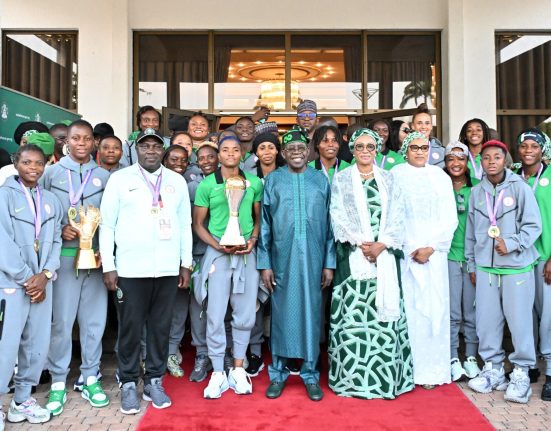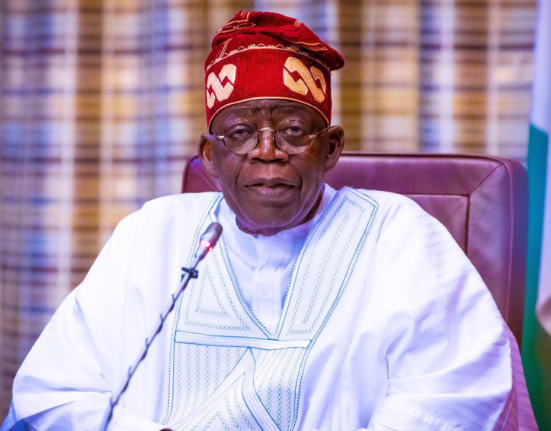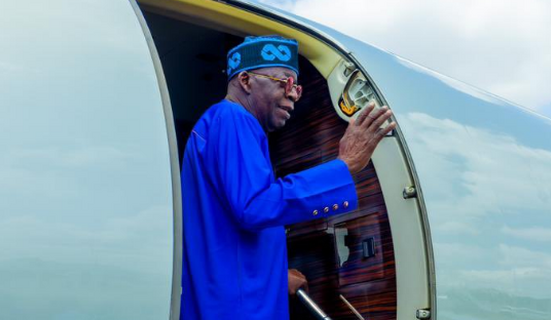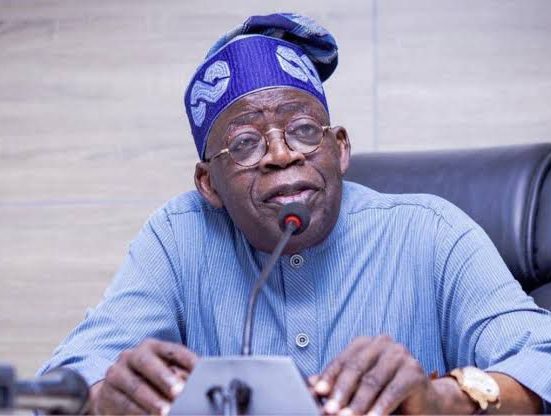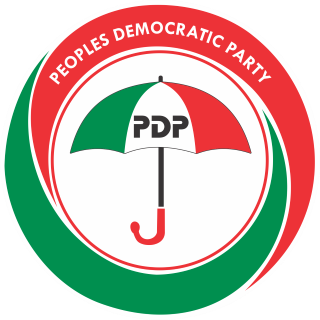The Nigerian Presidency has firmly rejected allegations that President Bola Tinubu is orchestrating a shift towards a one-party state, following a series of high-profile defections to the ruling All Progressives Congress (APC). These claims have been met with strong denials from the government, which asserts its commitment to democratic principles.
Prominent opposition figures and civil society activists have expressed alarm over what they perceive as a deliberate effort to erode Nigeria’s multiparty democracy. A group of 17 notable Nigerians, including activists, academics, and former officials, issued a statement titled “Defending Democracy: A Call to Resist the March Toward a One-Party State in Nigeria.” They allege that the Tinubu administration is systematically undermining democratic institutions, particularly through the use of the Economic and Financial Crimes Commission (EFCC) to target opposition members, leading to coerced defections to the APC.
Former Vice President Atiku Abubakar has also criticized the administration, citing the arrest of human rights lawyer Dele Farotimi as indicative of a broader strategy to suppress dissent and consolidate power. Atiku contends that such actions are reminiscent of authoritarian regimes and threaten the foundational principles of Nigeria’s democracy.
In response, the Presidency, through Special Adviser Bayo Onanuga, has dismissed these allegations as unfounded and politically motivated. Onanuga emphasized that President Tinubu has not interfered with the judiciary and remains a staunch advocate for democratic values. He pointed to recent court rulings where opposition parties, including the People’s Democratic Party (PDP), secured victories, as evidence of an independent judiciary operating without executive influence.
Onanuga further argued that the influx of politicians into the APC results from the party’s growing appeal and not due to coercion or manipulation. He stated, “It is certainly not part of President Tinubu’s job to organize or strengthen opposition parties,” suggesting that the opposition’s internal challenges are self-inflicted and not a consequence of government actions.
Despite the Presidency’s assurances, concerns persist among political analysts and opposition leaders. Former acting Governor of Ekiti State, Tunji Odeyemi, warned against the dangers of a one-party system, emphasizing the need for a vibrant opposition to ensure accountability and good governance. He urged Nigerians to resist any attempts to erode democratic structures and to support efforts to strengthen opposition parties.
Similarly, PDP National Secretary Samuel Anyanwu highlighted the importance of maintaining a multiparty system, cautioning that the current trajectory could lead to authoritarianism. He called on the judiciary and electoral bodies to uphold their independence and ensure fair political competition.
The debate over the future of Nigeria’s democracy continues to intensify, with the ruling party defending its actions as democratic and opposition voices raising alarms over potential authoritarian shifts.



